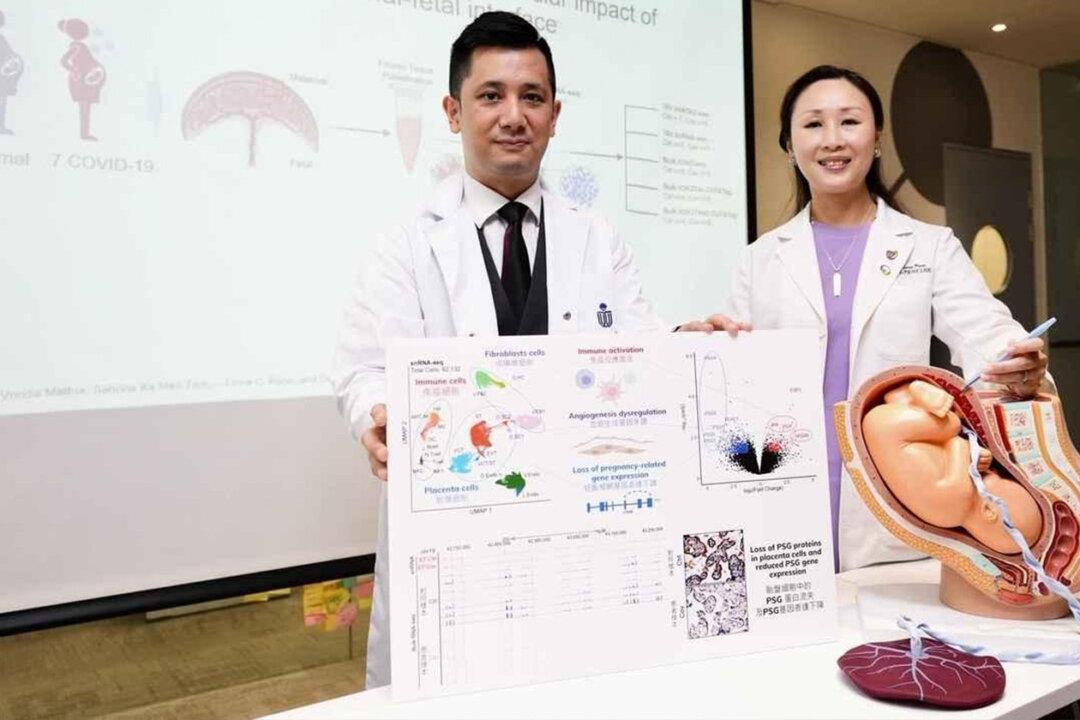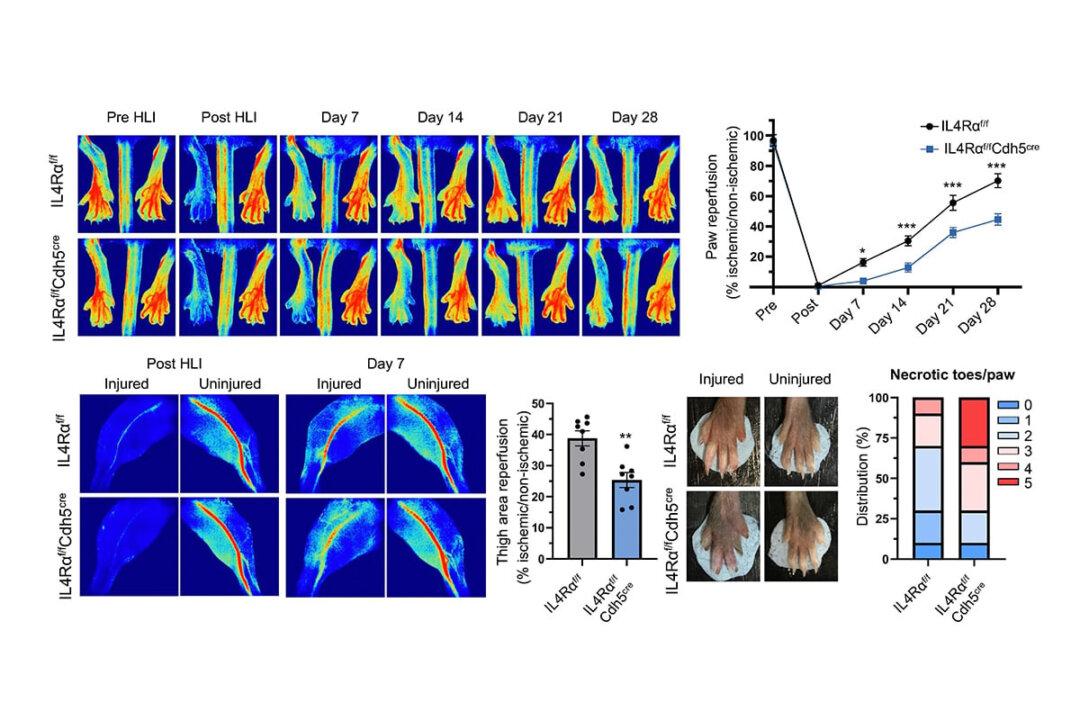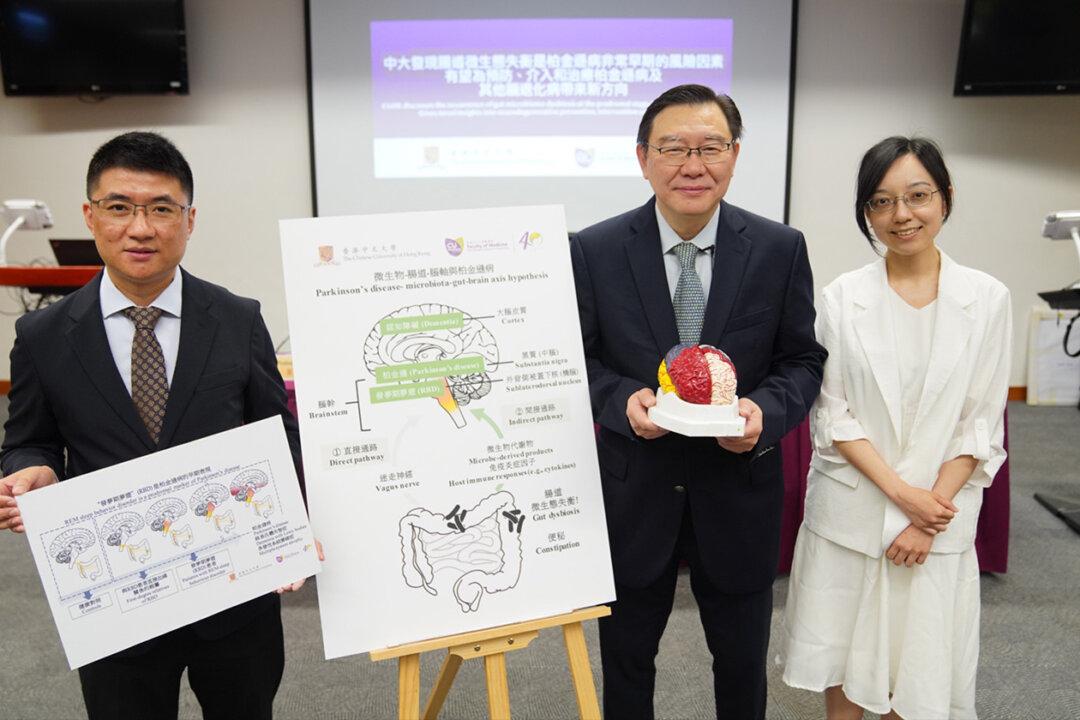A joint study by Hong Kong universities HKUST and CUHK found that infection with COVID-19 may lead to complications in late pregnancy and significantly alter the regulation of gene expression of the placenta. The findings have been published in the scientific journal Nature Cell Biology.
Previous studies have shown that infection with COVID-19 can increase the risk of maternal death, severe maternal illness, and fetal and neonatal adverse reactions. Pregnant women with the virus have a higher chance of premature delivery than those without.




